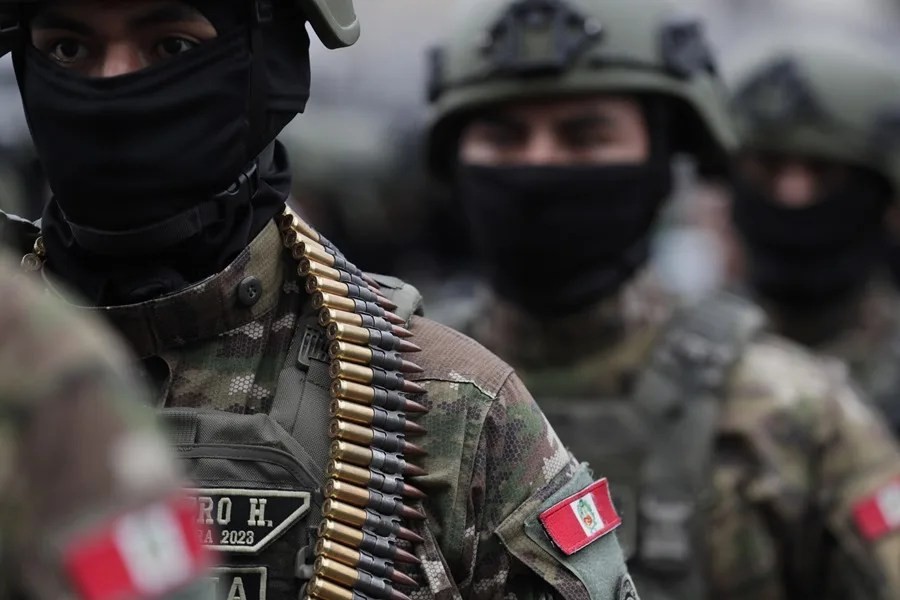Peru’s Organized Crime Surge: A Dangerous Precedent America Must Watch Closely
Peru faces a normalization of organized crime that threatens its democracy and governance—a stark warning for America about the consequences of ignoring lawlessness at home.

Peru is facing a troubling crisis where organized crime has seeped into everyday life, with consequences that threaten not only personal safety but also the pillars of democracy and national sovereignty. A recent report from Peru’s Coordinadora Nacional de Derechos Humanos (Cnddhh) shines an unforgiving light on this escalation, revealing how insecurity in one Latin American nation serves as a cautionary tale for the United States.
How Does Crime Become ‘Normal’—and Why Should Americans Care?
The report details a grim reality: criminal organizations now pervade society so deeply that violence and extortion feel routine to Peruvians. This normalization isn’t just about increased crime rates—it jeopardizes governance itself by undermining public trust and weakening institutions dedicated to law and order. For hardworking Americans who cherish freedom and safety, this is not just a foreign problem. It reflects what happens when governments fail to uphold their primary duty: protecting citizens from lawlessness.
The study highlights that over 200 criminal groups operate nationwide in Peru, engaging in activities such as illegal gold mining and cocaine production—industries that employ nearly one million people. This tangled web infiltrates economic sectors and compromises state institutions, creating fertile ground for corruption and impunity. While Washington talks about border security and drug trafficking, are we adequately confronting these transnational threats that exploit weak governance abroad to fuel chaos here at home?
Failing Institutions Signal Danger—Is ‘Tough on Crime’ Enough?
The report’s authors warn against simplistic solutions. The political debate in Peru oscillates between “tough-on-crime” approaches and relaxed enforcement tied to misguided rights guarantees. Yet experience shows harsh crackdowns without institutional capacity only deepen instability. As Ricardo Soberón notes, effective reform requires dismantling criminal leadership while offering social pacts that separate vulnerable populations from illicit networks.
This nuanced stance underscores a crucial lesson for American policymakers: law enforcement must be strategic and well-supported institutionally rather than ideologically driven or lenient. The recommendation to overhaul flawed laws passed by Peru’s Congress reflects how legislative missteps weaken state power—an error the U.S. cannot afford amid rising domestic criminal challenges.
Moreover, Peru’s dire prison conditions require urgent attention—with reforms like measured release policies and investment in new facilities essential to prevent jails from becoming breeding grounds for further radicalization. Here again lies an opportunity for America to reaffirm its principles of justice coupled with order, learning what happens when correctional systems collapse under pressure.
The broader takeaway is clear: national sovereignty demands robust institutions capable of enforcing laws fairly and decisively. When crime becomes normalized anywhere near our hemisphere, it threatens regional stability—and by extension, American families who deserve secure communities free from violence or coercion.
How long will policymakers ignore these warnings? Can America lead by example with principled governance rooted in freedom, security, and accountability? Peru’s plight stands as both a wake-up call and blueprint for vigilance against the insidious spread of organized crime worldwide.
